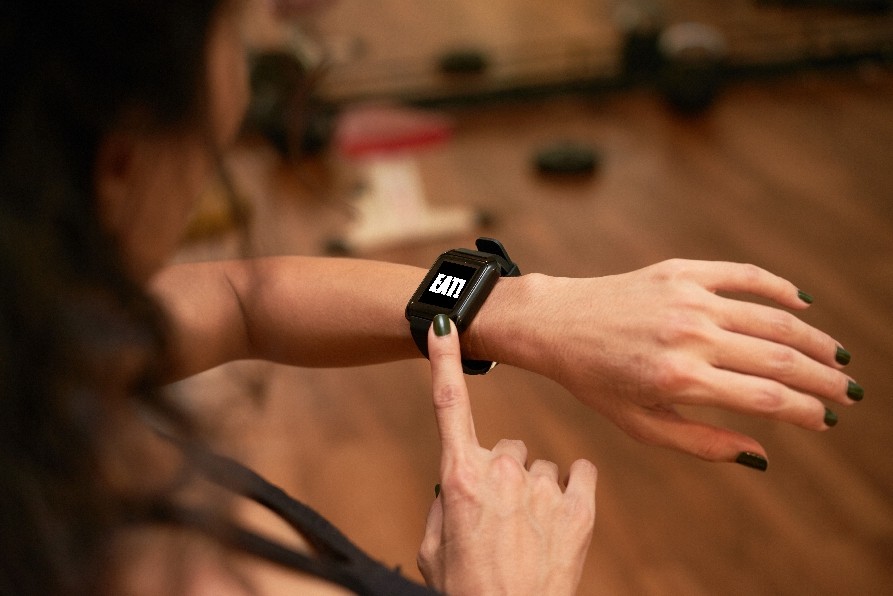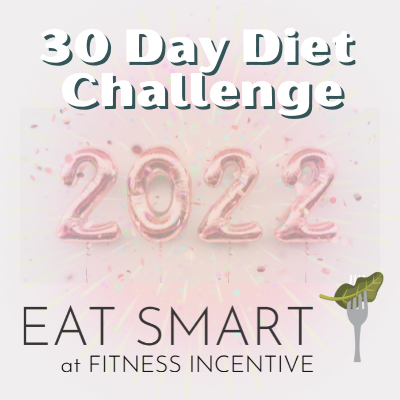
If you are trying to lose weight and think skipping your post-workout meal is better because you don’t want to eat the calories you burned during your workout, you are mistaken.
- Liz Keller

Nutrient Timing: Does It Make a Difference?
Ever feel like your working out and eating healthy but not seeing the results you want? Many different factors could be the cause, such as under-eating, overeating, dehydration, or stress, but have you ever considered nutrient timing? Proper nutrient timing used to be deemed gulping down a protein shake after every workout. However, studies now show that this might not be the best routine for everyone who exercises. Figuring out what your body needs and what works for you will be the solution you are searching for.
What is Nutrient Timing?
While commonly thought of as your “pre or post work out meal,” nutrient timing is every meal and snack throughout your day that affects your body’s response to exercise. According to The International Society of Sports Nutrition (ISSN), “Nutrient timing incorporates the use of methodical planning and eating of whole foods, fortified foods, and dietary supplements.”
ISSN states that the timing of caloric intake and the ratio of certain macronutrients following high-volume or intense exercise may
· enhance recovery and tissue repair
· amplify muscle protein synthesis (MPS)
· improve mood
Studies on nutrient timing examine the effects of increased carbohydrate meals on glycogen storage and exercise performance. Glycogen is the primary storage of glucose in the body, used for energy. A simple way to think of this is as gas in your fuel tank. Put the right type and amount of gas in the tank, and your engine will work at optimal efficiency.
What makes your pre and post-workout meals important?
When you exercise, you are mainly using glycogen stores and breaking down muscle fibers on a micro-level. Eating correctly before your workout will make nutrients, like glucose, readily available so that you don’t have to tap into your glycogen reserves right away. Eating correctly after a workout will help replenish your glycogen levels. This will allow you to have energy for the rest of your day and be able to exercise again the next day. Proper nutrition after a workout will help to rebuild your muscle fibers, leading to stronger and leaner muscles. To have the most impact, you want to try to eat within two hours after working out. This two-hour time frame starts at the beginning of your workout. Two hours can go by pretty fast if you consider the workout time, time to drive home, time to shower, and whatever else may happen in between the gym and your post-workout meal.
Exercising burns calories, so won’t eating food cancel out the benefits?
If you are trying to lose weight and think skipping your post-workout meal is better because you don’t want to eat the calories you burned during your workout, you are mistaken! Not eating after a workout is the wrong idea because you will not be restoring your energy stores. This will only lead to your next workout being less efficient and negatively affect your mood throughout the day. Also, not eating within the recommended two-hour time frame may lead to over-eating when you do decide to eat.
In a study done on active females on the effect of eating breakfast vs. skipping breakfast, breakfast enhanced feelings of relaxation before lunch. Breakfast was also beneficial for appetite control before lunch, irrespective of the size of the meal. This study suggests that a small breakfast eaten before exercise can benefit post-exercise mood and subjective appetite ratings. Eating before a workout is not always possible, especially if you are an early riser, but figuring out what works for you is what is essential.
So, what exactly should I eat?
The general answer to this question is a meal that contains both protein and carbohydrates, with limited fats. Protein and carbs, pre and post-workout, will provide you with energy and the amino acids for protein synthesis. You want to limit fat, both before and after, since is it the slowest digesting macronutrient and won’t be readily available for your body to use.
The American Council on Exercise (ACE) recommends you get about 15 to 25 grams of protein and one to two grams of carbs per 2.2 pounds of body weight per hour of glycogen-depleting exercise. This would mean if you weigh 150 pounds and lifted weights for an hour, you should aim for 15 to 25 grams of protein and between 68 and 136 grams of carbs for your post work out meal. Now, if you think 136 grams of carbs sounds like a lot, you are not alone. Many of the studies done on post work out meal timing and carbohydrates use male athletes. Studies have indicated that trained female athletes do not break down carbohydrates at the same rates as males and may deplete glycogen stores at different rates.
The type of exercise you do will significantly impact the need for a post-workout meal. These recommendations are based on moderate to high-intensity endurance training or heavy weight lifting. Low-intensity activities are beneficial for your overall health, but will not result in the depletion of your energy stores or break down your muscle fibers.
Overall caloric intake and meal frequency
Most importantly, you need to figure out how many meals and total calories you are planning on having throughout the day. Consuming a 20g – 40g high-quality protein meal every 3 to 4 hours appears to have the most beneficial effect on muscle synthesis rates when compared to other dietary patterns. Eating this way is also associated with improved body composition and exercise performance outcomes. Protein shakes are an excellent quick source of protein that can be combined with fruit for carbohydrates and might be the best solution for some. However, shakes should be factored into your caloric goal and the other meals you are going to eat that day, which is based on your specific goals.
If you need help figuring out what your caloric goal should be or what macronutrient breakdown is best for you, contact me to set up a consultation and make a plan to reach your goals for the new year.
Sponsored Links
About the Author
Liz Keller
Liz Keller is a Nutritionist with a bachelor’s degree in Nutrition & Dietetics from Queens College and is currently pursuing her master’s degree in Human Nutrition from Bridgeport University. She is a certified CDC DDP Lifestyle coach and has experience working for a national weight loss and nutrition company and has also helped other fitness facilities establish nutritional programs with structured meal plans and client education.

